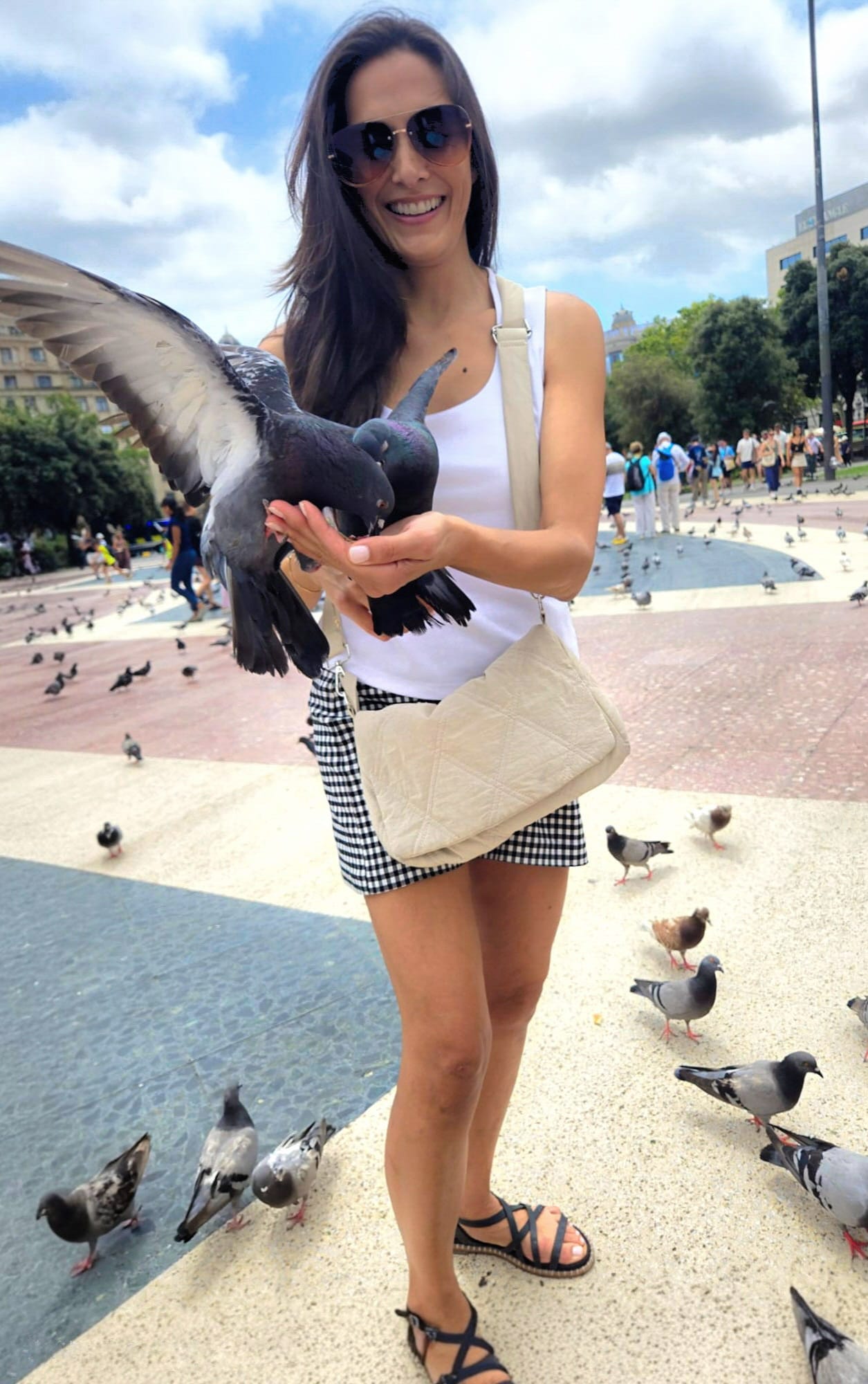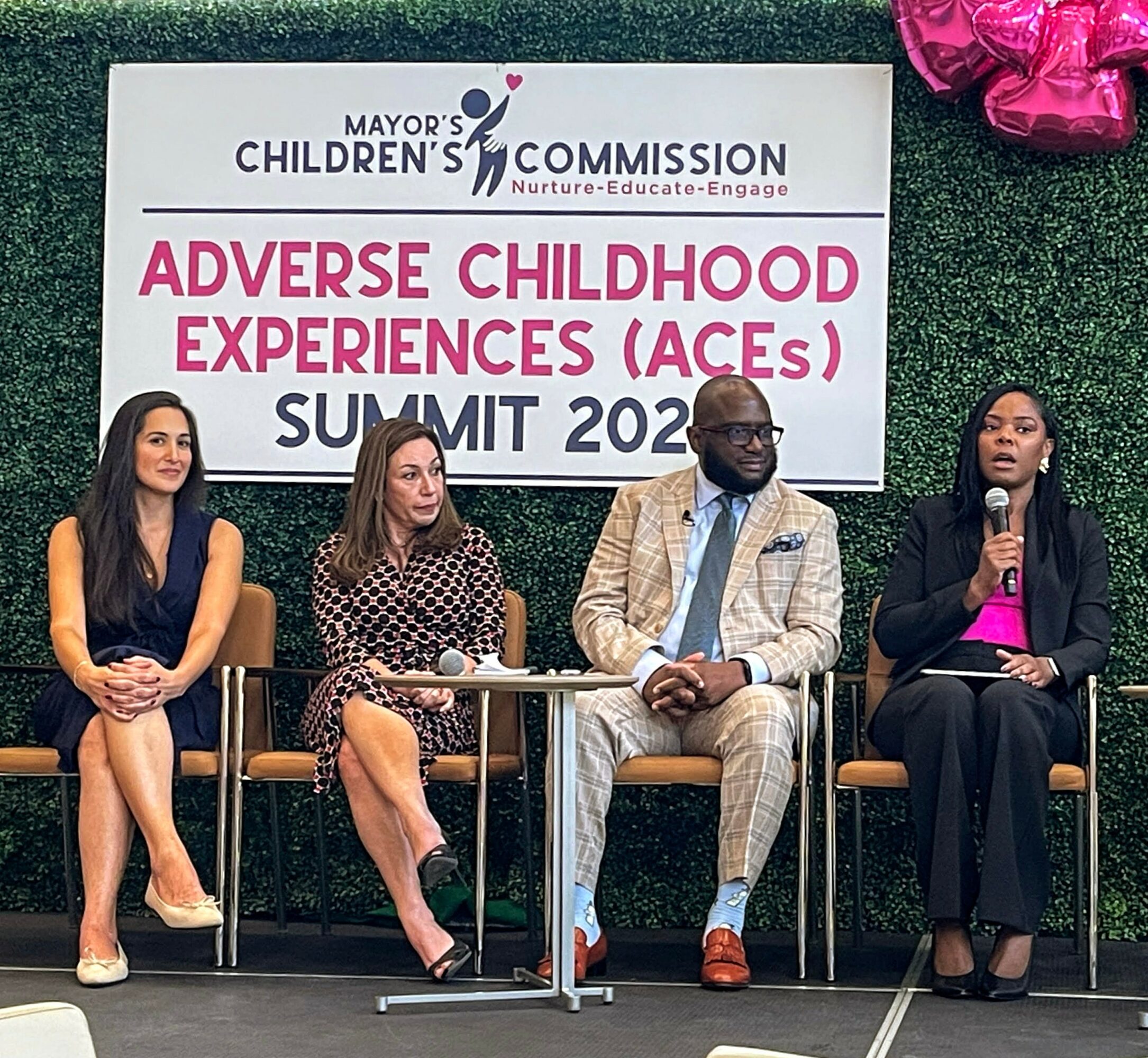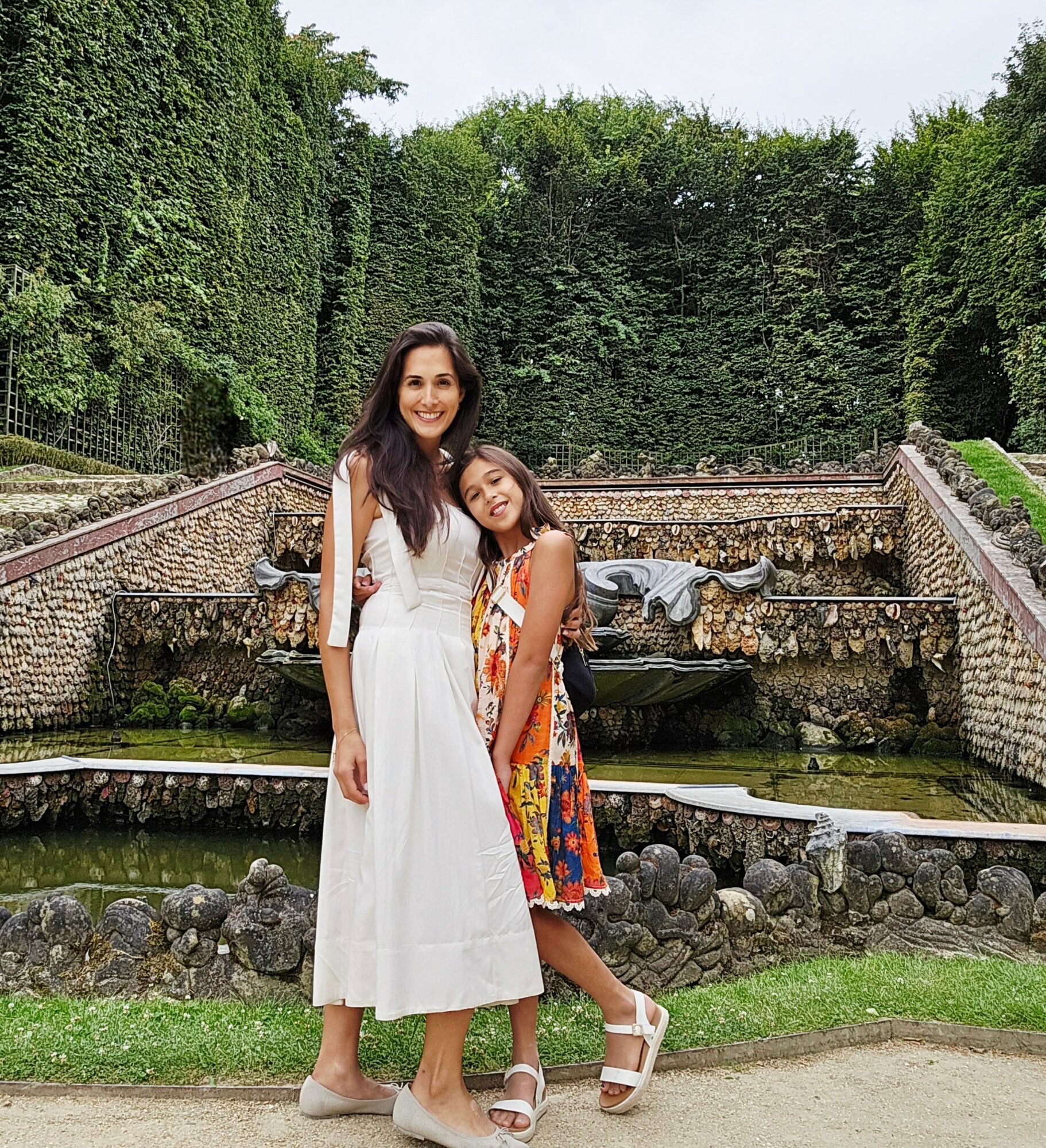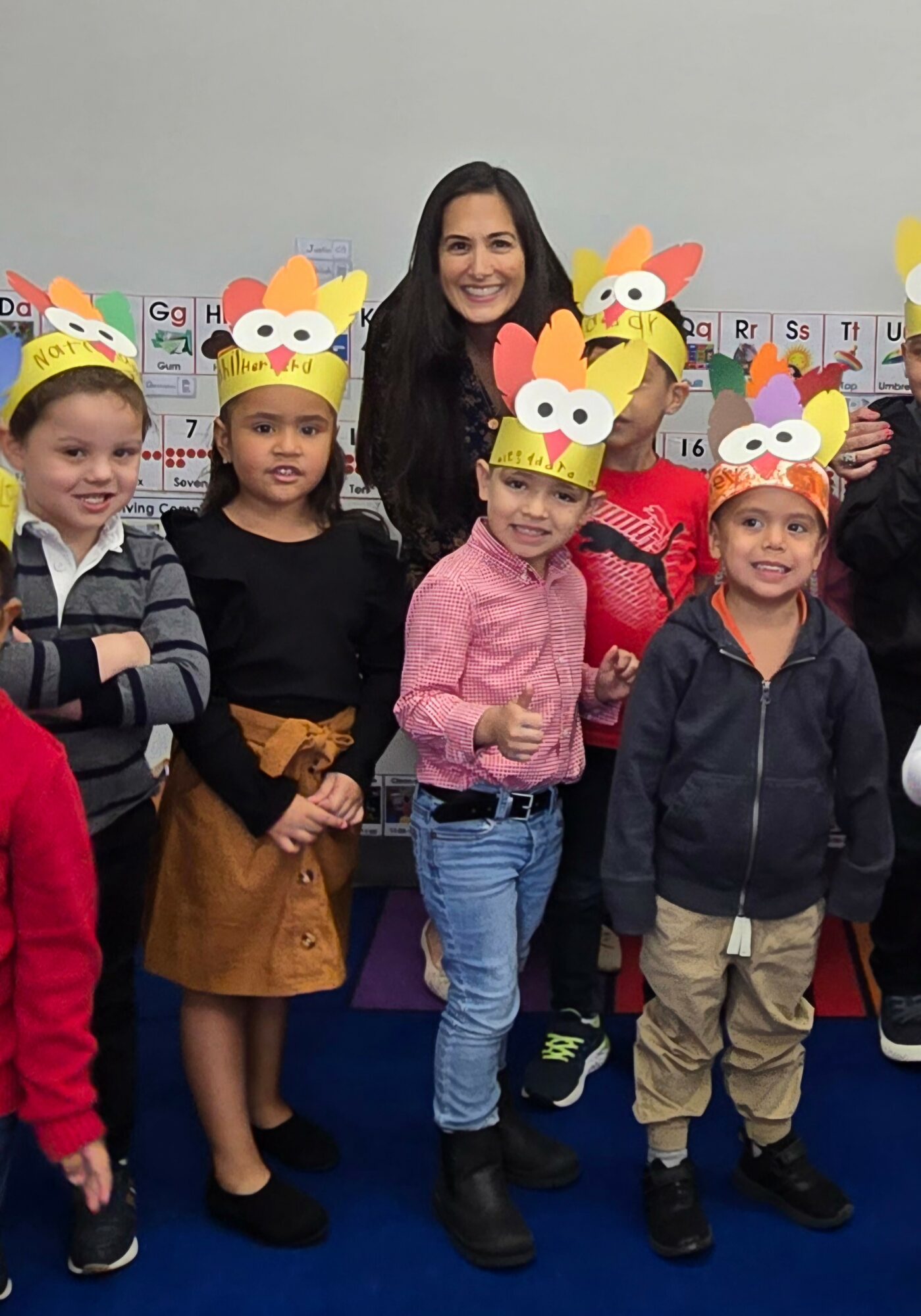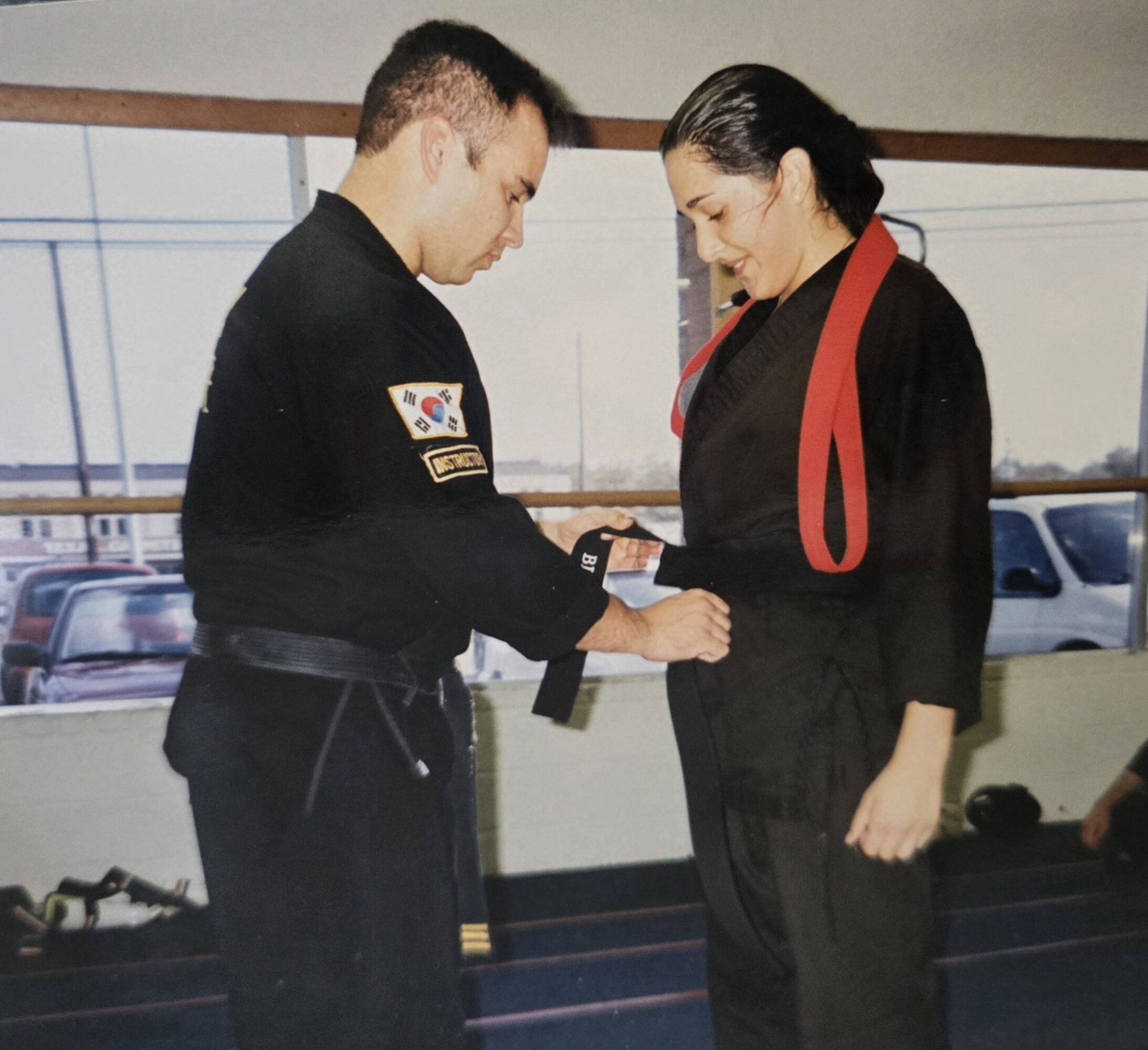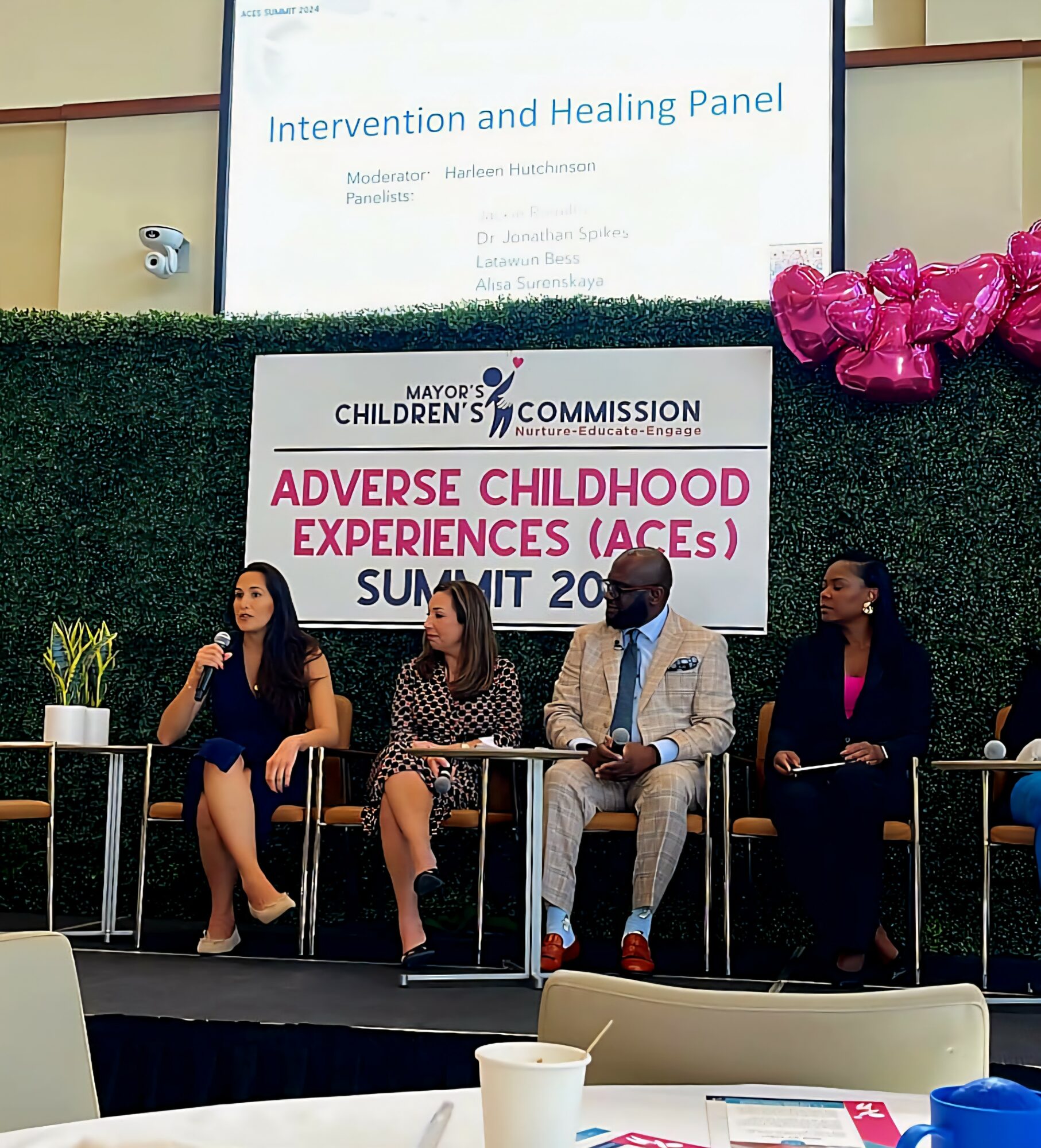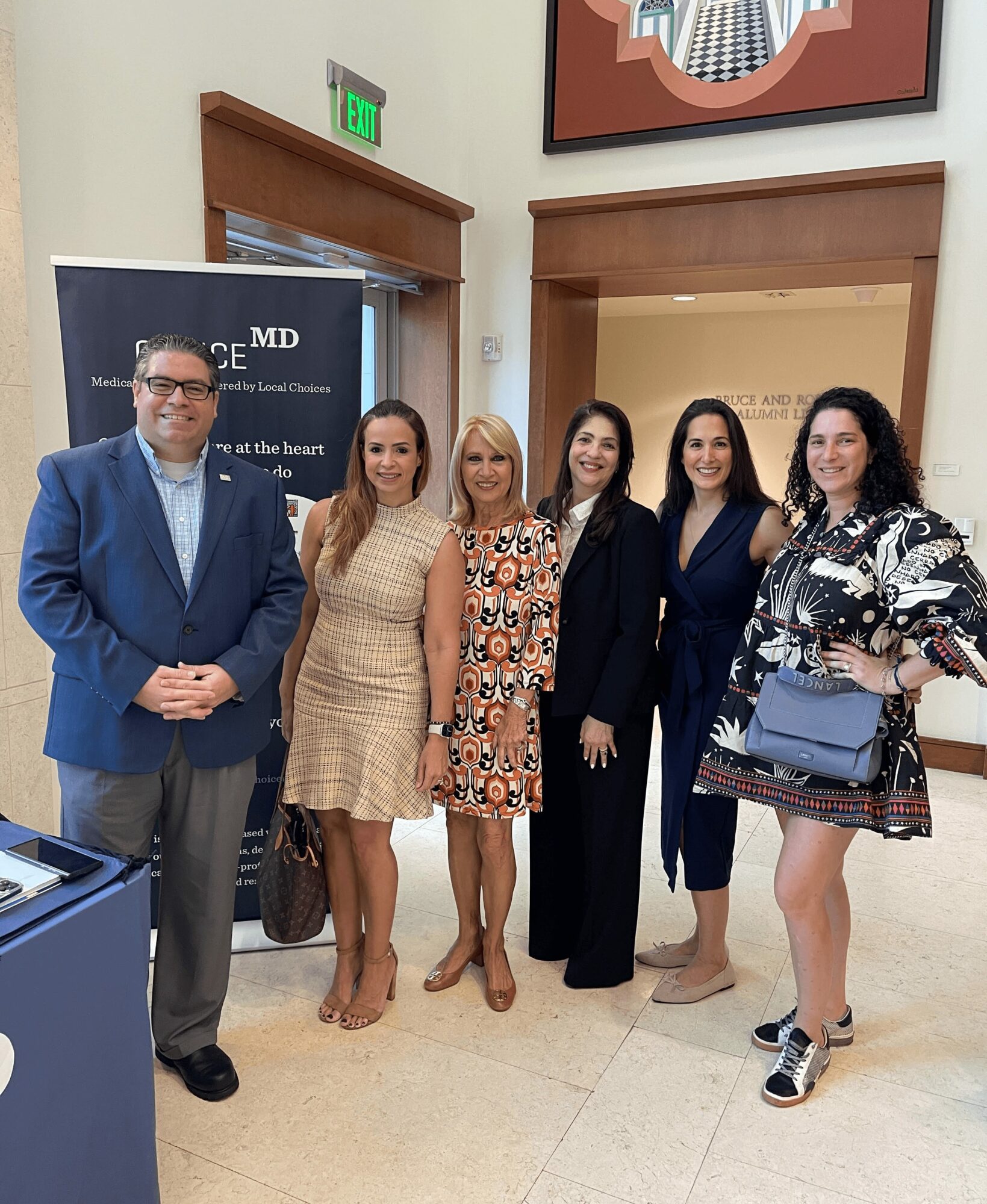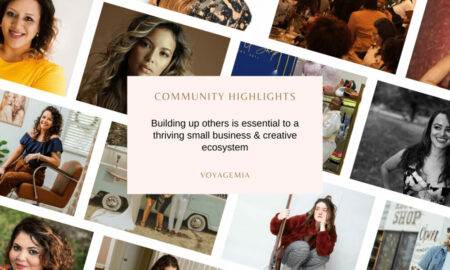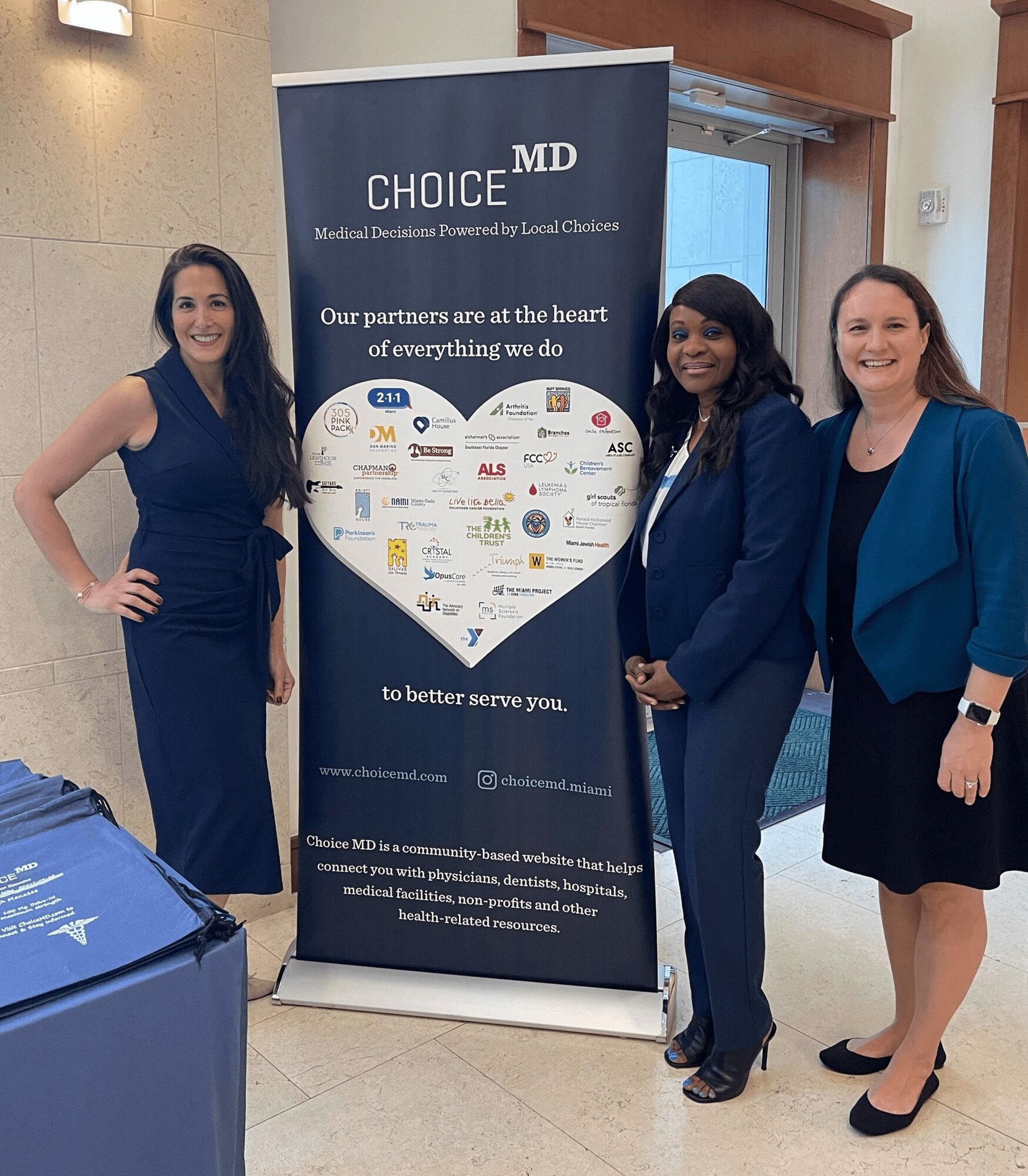

We’re looking forward to introducing you to Vanessa Bedoya. Check out our conversation below.
Good morning Vanessa, it’s such a great way to kick off the day – I think our readers will love hearing your stories, experiences and about how you think about life and work. Let’s jump right in? Are you walking a path—or wandering?
To most, it may seem like I’m wandering, but in truth, I’m walking a complex path. The journey toward my goal hasn’t been linear, because real progress rarely is. Challenges shift, opportunities emerge unexpectedly, and a rigid approach can lead to missed possibilities or unseen risks. What may appear as wandering is actually the ability to pivot with purpose, a flexible, adaptive path that requires vision, not just direction.
Can you briefly introduce yourself and share what makes you or your brand unique?
Hi, I’m Vanessa Bedoya, founder of ChoiceMD and a passionate advocate for building healthier, more connected communities.
ChoiceMD started as a way to simplify access to healthcare, but it’s grown into something much bigger, a local movement that connects people not just to medical providers, but to the right resources at the right time. Think of it as your friendly neighborhood healthcare hub with a heart.
What makes ChoiceMD special is that it’s deeply personal. I’ve lived with Multiple Sclerosis for over 20 years, and I know how overwhelming the healthcare system can be, especially when you’re trying to navigate it alone. That experience, plus my love for community-building, is what drives everything we do.
Beyond healthcare, I also lead our nonprofit arm, working closely with Miami-Dade County leaders to tackle Adverse Childhood Experiences (ACEs) through collaboration, awareness, and real systems change. It’s been a beautiful, challenging journey, and it’s proof that meaningful change doesn’t come from following a straight line, but from listening, pivoting, and showing up consistently.
So yes, I may be walking a winding path, but it’s one filled with passion, people, and purpose. And we’re just getting started.
Thanks for sharing that. Would love to go back in time and hear about how your past might have impacted who you are today. What was your earliest memory of feeling powerful?
My earliest memory of feeling powerful was earning my black belt in Tae-Kwon-Do, a goal that took me 12 years, three cities, and countless restarts to achieve. Each move meant adjusting to new studios, sometimes starting over in rank, and learning from three different masters. Along the way, I absorbed techniques from Judo, Jiu-Jitsu, Hapkido, Aikido, Muay Thai, and kickboxing, gaining far more than just a belt. The journey required grit, patience, and relentless focus. And to top it off, my final instructor was Luis Garcia, the world champion in continuous sparring, so yes, I quite literally trained with the best. Reaching that goal wasn’t just about martial arts, it was the moment I realized I could achieve anything with persistence and adaptability.
If you could say one kind thing to your younger self, what would it be?
“It’s not your fault.”
As a child, I often felt neglected, unwanted, and unheard. Growing up as a first-generation American, my parents were focused on survival and building the kind of life so many immigrant families dream of. But in the process, emotional presence and stability took a backseat.
By the time I reached 7th grade, I had already attended a different school every year. We moved constantly, across cities, and even countries, which made it difficult to form lasting friendships or feel grounded. My parents didn’t have a support system, which understandably led to stress, instability, and a home environment filled with tension.
My older brother and I, only 16 months apart, were left largely unsupervised. We became more like rivals than siblings, constantly competing, for attention, for validation, for a sense of worth. Even though it looked like a healthy rivalry from the outside, grades, sports, performance, it was born from a feeling of scarcity: like there was only so much love and approval to go around, and we both had to fight for it.
Then there was my younger brother, 11 years my junior. What that age gap translated to, in reality, was that I became his in-house babysitter. He was with me everywhere, even when I was hanging out with friends. There was no asking, no choice. My parents were always working, and responsibility for him naturally fell to me. Later, when my parents moved overseas, he came to live with me full-time during his high school years. I became his guardian before I had even fully stepped into adulthood myself.
All of this shaped me. I learned to put others’ needs before my own, to sacrifice without questioning, to equate love with responsibility and approval with performance. I became someone who bent over backward to meet the needs of others, because that’s what I was conditioned to do from an early age.
At the time, I believed that if I could just do more, be better, or behave a certain way, maybe things would feel more stable. That’s a common belief for children exposed to chaos or emotional absence. From a developmental perspective, young children are naturally egocentric, not in a selfish way, but because their brains are still learning how to separate themselves from the behavior and emotions of others. So when things go wrong, when there’s stress, silence, or disconnection, they assume they must be the cause. It becomes a silent burden they carry, often for years.
Now, I see it clearly. I wasn’t the problem. None of it was my fault. And that’s why I’m so committed to helping others, especially parents and caregivers, understand how crucial it is to raise children who feel safe, seen, and emotionally supported. Life won’t always follow the plan, but if we give kids the emotional tools and resilience to navigate uncertainty, we help them grow into adults who know their worth isn’t dependent on what they do, but who they are.
And maybe, just maybe, they’ll never have to wonder if they were to blame.
Next, maybe we can discuss some of your foundational philosophies and views? What’s a belief or project you’re committed to, no matter how long it takes?
A belief I am deeply committed to, no matter how long it takes, is preventing and mitigating Adverse Childhood Experiences (ACEs).
The first time I learned about ACEs, everything clicked. The science explained so much, not only on a broad level but also personally. I scored a 7 on the ACEs questionnaire, and when I discovered the strong link between high ACE scores and long-term health outcomes, including autoimmune disorders like the one I’ve lived with for more than two decades, it was undeniable. The research aligned perfectly with my lived experience.
But instead of feeling discouraged, I felt called to act.
I launched ChoiceMD with one clear goal: to simplify the process of obtaining better health. By building an ecosystem of trusted partners, we help people cut through the complexity of healthcare, coordinate care, and reclaim control of their own wellness.
Still, as I dug deeper into ACEs, I realized that if our goal is to truly improve health outcomes, we must start by going to the root of the cause. Adverse Childhood Experiences, things like abuse, neglect, family separation, or instability, literally change the way a child’s brain and body develop. Over time, these early stressors increase the risk for heart disease, depression, cancer, and more. And the impact doesn’t stop with individuals; it ripples through families, communities, and entire systems.
That realization is why I founded the ChoiceMD Cares Foundation, to expand our mission and simplify the process of obtaining better health at the community level, by going to the root of the cause. Through the foundation, we are building bridges across sectors to prevent and mitigate ACEs before they cause lifelong harm.
Today, I’m honored to serve as co-chair of the ACEs Special Committee under Mayor Levine Cava’s Blue Ribbon Commission, where we are developing a countywide roadmap for ACEs prevention and intervention.
This is long-term work, grounded in science, empathy, and equity. I believe it will transform how we care for future generations, because healing doesn’t begin in the hospital; it begins in childhood.
And I will keep showing up for this mission, for as long as it takes.
Thank you so much for all of your openness so far. Maybe we can close with a future oriented question. If you knew you had 10 years left, what would you stop doing immediately?
I would immediately stop doing anything that distracts me from being fully present, with my daughter, with myself, and with the moments that make life feel meaningful.
My first priority would be to pour everything I’ve learned into my daughter, not through lectures, but through experiences. I’d make it my mission to teach her the lessons that will carry her through life: how to find beauty in simplicity, how to ground herself in joy, and how to stay curious about the world. We’d travel together, explore different cultures, and embrace the arts, because those are the things that open our hearts and expand our understanding of humanity.
I’d also finally give myself permission to pursue joy just for the sake of it. I’ve always loved to cook and bake, entirely self-taught, but I’d take a cooking class in Paris, like I’ve always dreamed about. I’d learn to elevate my skills, not to impress anyone, but to share something beautiful with the people I love, especially my dad, who is the reason I’m the foodie I am today.
Ultimately, I’d stop postponing joy and start living with intention. Because if I had 10 years left, I’d want them to be full of connection, creativity, and meaning, and I’d want my daughter to remember that joy doesn’t come from chasing time, but from cherishing it.
Contact Info:
- Website: https://choicemd.com
- Instagram: https://www.instagram.com/choicemd.miami
- Facebook: https://www.facebook.com/ChoiceMD
